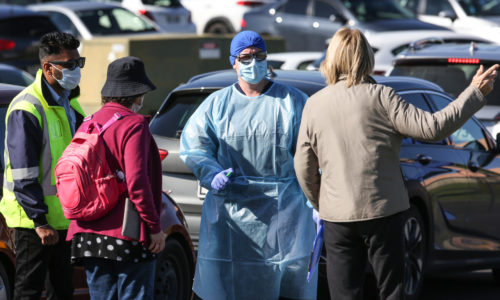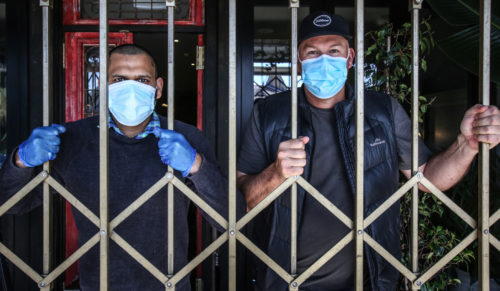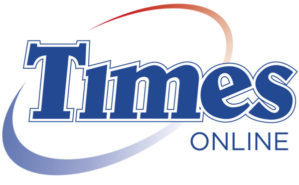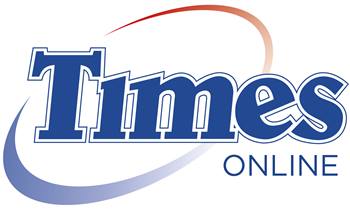
Additional security systems, including thermal CCTV that triggers an alarm if returnees break out, will be rolled out to all Managed Isolation and Quarantine Facilities, Housing Minister Megan Woods announced today.
The estimated $6 million roll-out is part of an ongoing programme of “continual improvement” in the managed isolation and quarantine system and follows yesterday’s announcement of a 500-person boost to defence force personnel in manage isolation and quarantine facilities, and previous increases to Police and security fencing.
The announcement comes as National leader Judith Collins announced today it will establish a Te Korowai Whakamaru/NZ Border Protection Agency “to provide comprehensive oversight and management of Covid-19 at the border, as well as other public health threats”.
National would require international travellers to provide evidence of a negative Covid-19 test before arriving in New Zealand.
Pakuranga MP Simeon Brown welcomed National’s Border Policy.
“Unfortunately we have lurched back into lockdown due to the Government’s failure to manage our borders and to protect us from Covid-19,” said Brown.
“I know this is having a huge impact on people living in Pakuranga. Every day I am hearing from business owners who can’t operate their business, people who are worried about their jobs and families worried about their children’s education. These are all the result of this devastating second lockdown.”
Woods said the Government will also be commencing a pilot of the Covid card with staff inside a managed isolation facility, with a view to a wider roll out in the coming months.
“This technology will add a layer of assurance to ensure we can track movements within facilities to enable rapid contact tracing and builds on the various other initiatives we have been rolling out to minimise risk of an outbreak coming from our facilities,” said Woods.
“Managed isolation and quarantine facilities are commercial hotels with security systems that support the hotel function but there is room to improve these systems to better protect our communities from Covid-19.”
She said that whilst each facility is very different, it is proposed to add the following security enhancements where feasible:
- Thermal CCTV (night and day vision) around the perimeter with geo-fenced alarming. This technology would create an alarm when people move within a defined area;
- CCTV in public and exercise areas to monitor distance breaches;
- CCTV in accommodation corridors to monitor any breaches between rooms;
- Security Control Room/Desk,
- Audible alarms on fire exits
- Electronic access systems to restrict or track movement around a facility.
Woods said benefits include an increased ability to quickly detect and respond to perimeter breaches and incursions and breaches of managed isolation and quarantine facility rules and security such as physical distancing and use of PPE.
“It will also enable better evidence collection to support enforcement action and, if necessary, police prosecution for non-compliance,” she said.
“Keeping Covid-19 at the border is a priority for the Government and these security enhancements are another tool in our toolbox to ensure returnees stay in the facilities and limit risk to the community.
“While no system is fool-proof, these additional security arrangements add an extra layer of protection to help keep Covid at the border.
“We are mindful of the privacy of returnees and any additional surveillance will take place only in the public areas of the facilities, not in rooms.”

Securing New Zealand’s border against Covid-19
Meanwhile, National Party leader Judith Collins said a National Government will inject some steel into the country’s first line of defence against Covid-19 by delivering “robust border systems that will keep the virus at bay and allow our economy to thrive”.
“The threat of Covid-19 will be with us for years to come and National is committed to safeguarding the health of all New Zealanders, as well as the wider economy,” Collins said.
National’s border security plan includes:
- Establishing ‘Te Korowai Whakamaru/NZ Border Protection Agency’ to provide comprehensive oversight and management of Covid-19 at the border, as well as other public health threats.
- Requiring international travellers to provide evidence of a negative Covid-19 test before arriving in New Zealand.
- Compulsory contact tracing technologies to be used by agency employees, border facility workers, and District Health Board staff who treat or test patients.
- Rapid deployment of Bluetooth applications to enhance contact tracing while also exploring alternative technologies, such as a Covid Card.
- Striving towards a test-on-demand system with a waiting time target of no longer than 60 minutes for a Covid-19 test.
- Widening the availability of Covid-19 testing nationwide.
- Regular testing of aged-care workers and increasing opportunities for testing within aged-care facilities.
- Preparing a more effective response to future outbreaks, should they occur, allowing lockdowns to be more targeted and shorter in duration.
“The current ad-hoc system of managing Covid-19 at our border – putting various agencies in charge of different facets – has led to a disorderly and confused response, putting the health and livelihoods of five million New Zealanders at risk,” Collins said.
“More than 1.6 million Aucklanders are locked down right now because the Government dropped the ball on testing, tracing and managing people in isolation. It’s not good enough.”
Reducing the need for lockdowns could not be more crucial. Collins said the first lockdown saw 215,000 Kiwis end up on unemployment benefits with another 1.6 million jobs kept alive by wage subsidies. The current lockdown is estimated to be costing Auckland 250 jobs and up to $75 million a day in economic activity.
National’s Covid-19 Border Response spokesperson Gerry Brownlee said a Crown Agency dedicated to defending New Zealand from the virus would be established within National’s first 100 days in Government.
“This agency will be resourced to act as a centre of expertise. It will have the personnel, technology and capability to provide a world-class defence against Covid-19,” said Brownlee.
“The expensive and ineffective systems we have now aren’t up to scratch. National will manage the border effectively to keep New Zealanders safe.”
National’s health spokesperson Dr Shane Reti said National recognised the need to also prepare a second line of defence, behind the NZ border, so any incursions can be identified, traced and isolated quickly.
“The first line of defence must be strong border management, but a high-quality contact tracing system is a vital second line,” Reti said.
“With strong contact tracing systems and a more sophisticated testing and compliance structure, we can minimise the impact of further incursions and protect those vulnerable to the disease.”
National will follow international models and require people coming into the country to not only quarantine but also test themselves for Covid-19 three days before departure, and provide the results of that test to airline staff before boarding their plane, Reti said.
- Pakuranga MP Simeon Brown is available to help constituents. “If me or my office can be of any assistance to people living in Pakuranga or to businesses operating the area, please don’t hesitate to get in touch. We are all in this together, and we are here to assist. You can contact us on 09 572 0000 or PakurangaMP@Parliament.Govt.NZ.”







